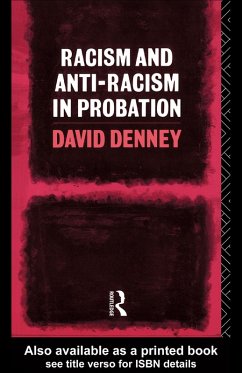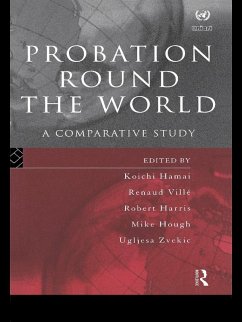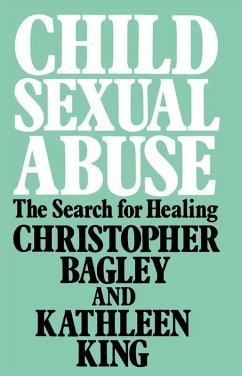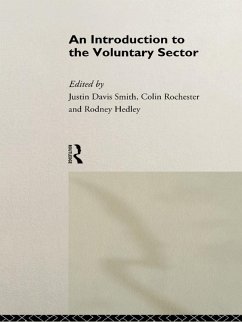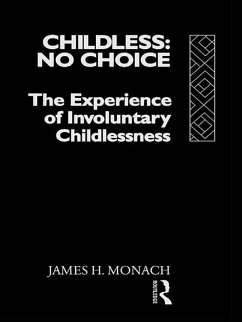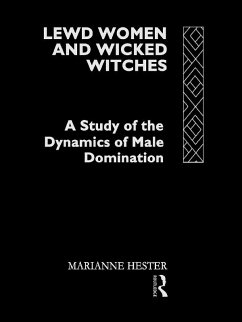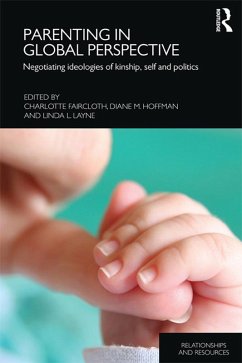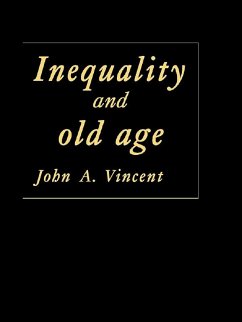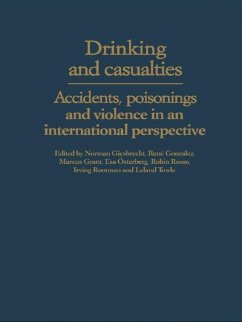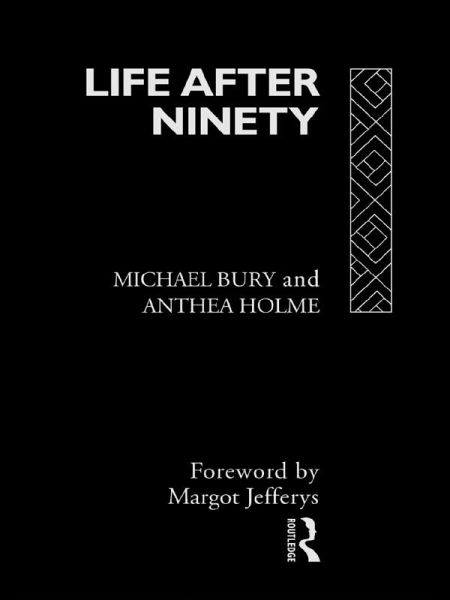
Life After Ninety (eBook, ePUB)
Versandkostenfrei!
Sofort per Download lieferbar
37,95 €
inkl. MwSt.
Weitere Ausgaben:

PAYBACK Punkte
19 °P sammeln!
In Life After Ninety Micheal Bury and Anthea Holme have surveyed and interviewed 200 individuals, living at home and in institutions, to examine old age stereotypes and present a unique picture of the health, quality of life, and social circumstances of the very old. Longevity and the factors which promote it are also discussed, and throughout the book the concept of the 'life course' is employed, which brings together the biographical experiences of individuals, and the changing historical circumstances of the twentieth century, through which they have lived.
Dieser Download kann aus rechtlichen Gründen nur mit Rechnungsadresse in A, B, BG, CY, CZ, D, DK, EW, E, FIN, F, GR, HR, H, IRL, I, LT, L, LR, M, NL, PL, P, R, S, SLO, SK ausgeliefert werden.




